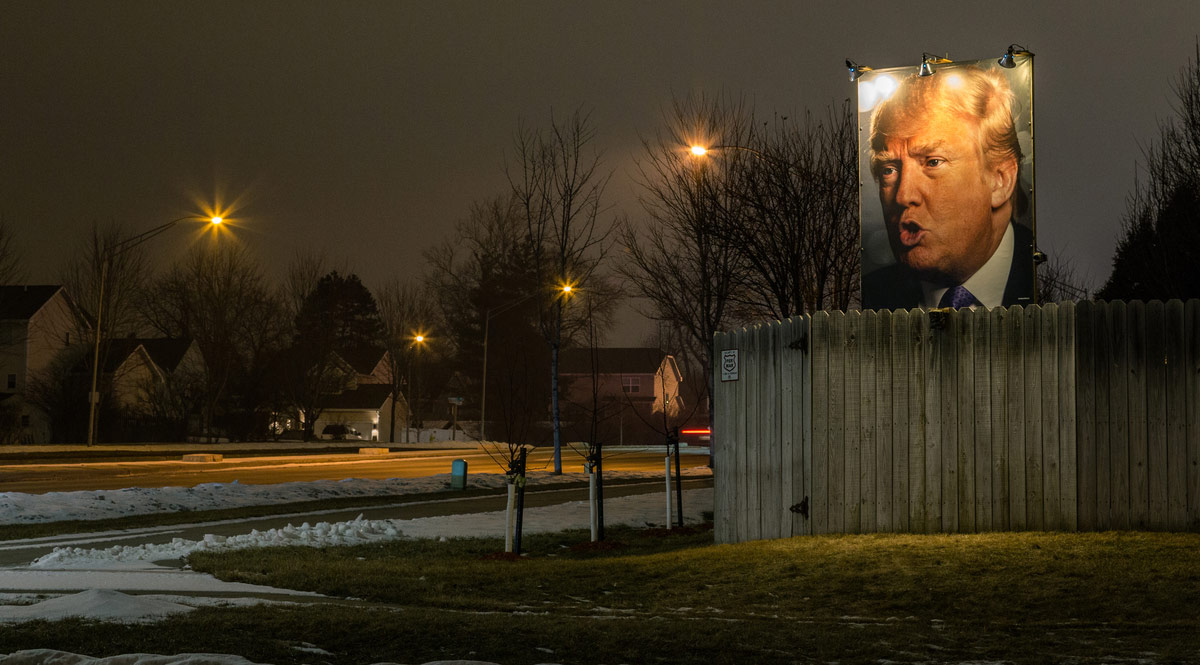
This week, our friends will be touring the Northwest to speak about the political dimensions of care and how it can perpetuate or subvert systems of oppression. Among other publications, they will be distributing a zine version of “We Are All Very Anxious: Six Theses on Anxiety and Why It is Effectively Preventing Militancy, and One Possible Strategy for Overcoming It,” a timely new text from the Institute for Precarious Consciousness in the UK discussing the affective dimensions of capitalism. We offer the zine here in printable pdf form, including a brief afterword of our own, in order that you might circulate and discuss it in your own community as well.
Cause and Affect
Reflections on “We Are All Very Anxious: Six Theses on Anxiety and Why It is Effectively Preventing Militancy, and One Possible Strategy for Overcoming It,” from one study group within the CrimethInc. Workers’ Collective
When we understand capitalism as affective—as producing and being sustained by certain feelings, attitudes, and ways of relating—many things come into focus. These affects are not simply the effects of economic relations; they are essential to the relations themselves. The ostensibly material needs that drive the economy are socially produced, just as the obedience and dissociation it demands are culturally conditioned. The individualism of modern workers and consumers, our estrangement from other living things, our sense that finance is real while ecology is abstract, above all the ways we are accustomed to private property and authority—without these, the market that seems so timeless and unassailable would collapse. Attempting to understand the economy by following the stock market rather than starting from our lived experiences is symptomatic of the same disconnect that drives capitalism in the first place. Private sentiments and personal relations are no less fundamental than material conditions. We need language with which to discuss the affective conditions.
Considering capitalist relations through this lens clarifies, among other things, how protest activity that doesn’t succeed in redressing the grievances it opposes can still leave its participants feeling fulfilled—sometimes more so than if the object of their immediate demands had simply been granted outright. We treasure the nights in the square together telling stories, the times we held our ground, more than the meager concessions we sometimes win. Until now, this phenomenon has usually been explained somewhat glibly in terms of the “dignity” of standing up for ourselves. But when we conceptualize our conditions under capitalism as affective, we can see why forms of resistance that transform the affective conditions could be fulfilling in and of themselves, not just as a means to fuller bellies and higher thermostats. As Occupy and other movements have shown, many would gladly eat sandy beans and sleep on bare bricks if only they could break with misery, with boredom, with anxiety! Likewise, framing the problems we face as affective can help us to avoid pursuing or accepting apparent solutions that do not change how we feel and relate.
This text from the Institute for Precarious Consciousness goes a long way towards posing the question of affective anti-capitalist strategy. Perhaps it is a little pat to impose discrete periods on history1, but we must understand such generalizations chiefly as a way to formulate hypotheses about which tactics will succeed here and now.
What could actually counter anxiety? Do we have to beat security guards, insurance policies, religious communities, and antidepressants at their own game, somehow making people feel safe in a hostile and hazardous world? Trying to allay anxiety as a separate project from abolishing the conditions that create it is surely doomed. Should we accept the worst-case scenario as a foregone conclusion and hurry forth to meet it, transforming our anxiety into a weapon? If anxiety is the omnipresent guardian of the prevailing order, it presents the perfect point of departure for resistance—but this does not answer how those already immobilized by it could perform such alchemy. Perhaps, in the course of taking on the ruling order, we could create something together that inspires confidence, grounding ourselves in a shared sense of reality that no market or military could take from us.
-
If only the Yippies had lived to see their pranks described as “a machine for fighting boredom”! If we must use industrial metaphors, it would be more historically accurate to speak of machines in reference to what the authors describe as the era of misery, and assembly lines for the era of boredom. Accusing the poor Yippies of creating “an assembly line for fighting boredom” makes the irony of this line of thinking clear enough. Matching metaphors to our current era, we would call for “a global network for fighting anxiety,” and indeed we are still so deeply entrenched in this era that such a monstrosity sounds perfectly sensible. Yet if we are to take the authors at their word, machinery produces misery, assembly lines produce boredom, and global networks produce anxiety—so the Marxist industrial metaphors have got to go. One does not fight misery with machines—as history shows, one fights machines with sabots, assembly lines with wildcats, and global networks with what certain Francophiles call “human strike.” ↩


